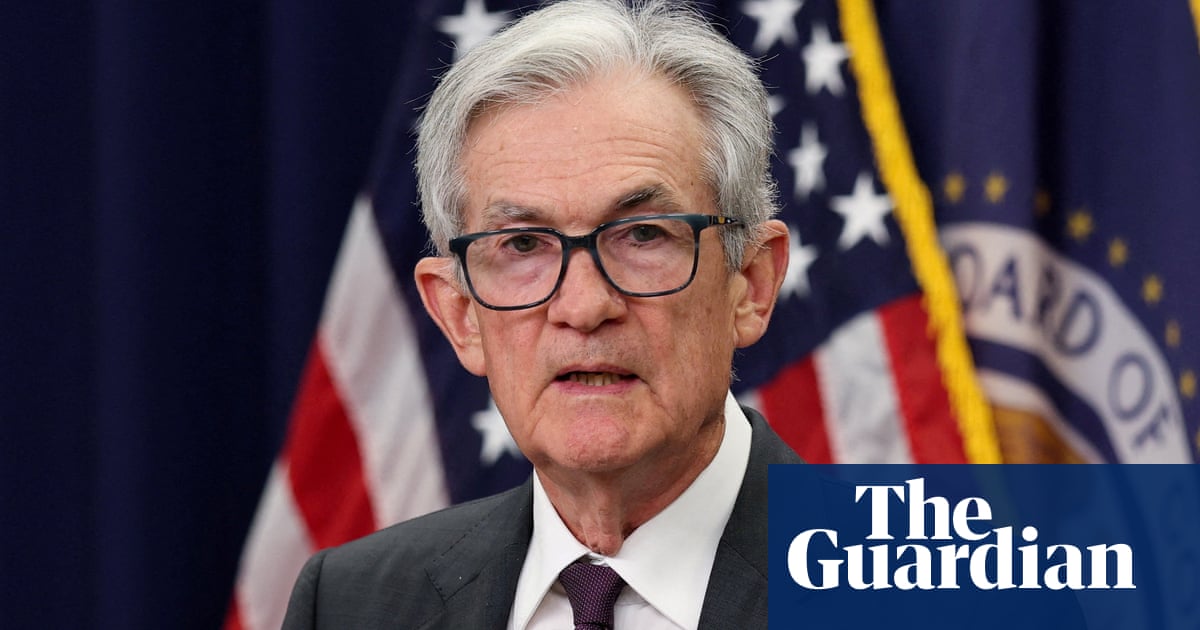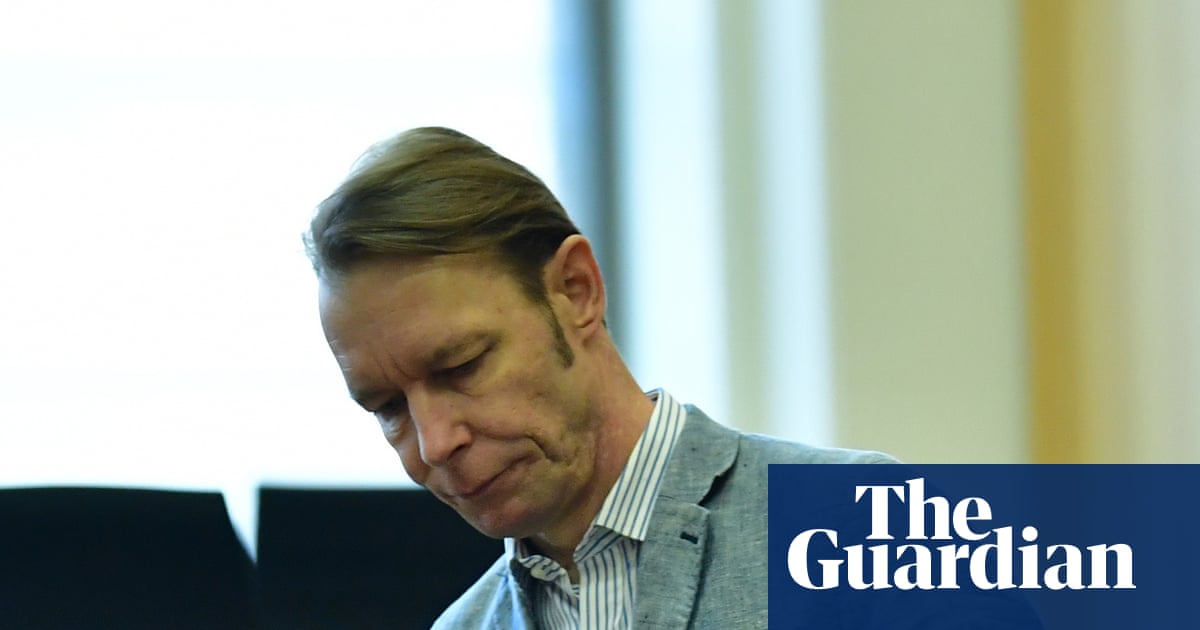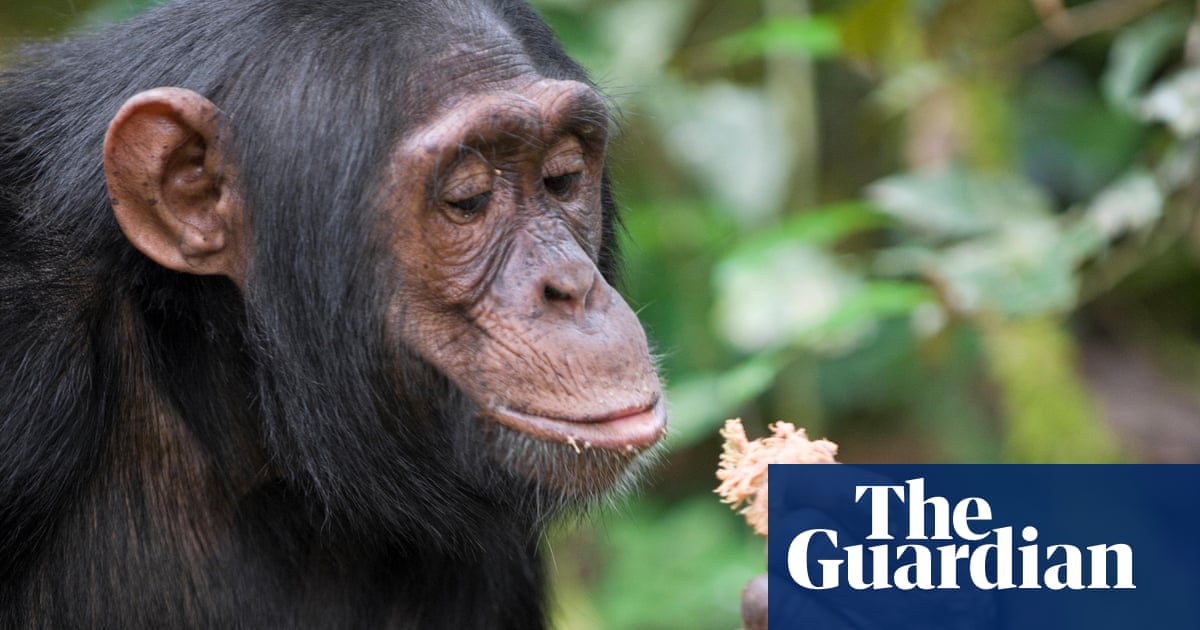Russia’s war in Ukraine has reignited “cold war strategies”, according to the son of John le Carré, who announced that an adaptation of his father’s classic novel The Spy Who Came in from the Cold is coming to the West End for the first time.
Nick Harkaway, who published Karla’s Choice last year, a sequel to the 1963 thriller, said the current geopolitical situation had echoes of the charged postwar period.
“With the conflicts that we’re in, it just does feel as if all the cold war conversations and the underlying geopolitics of the cold war, all the strategic stuff, is still the same,” he said. “It doesn’t shift.”
Asked what his father would have made of the state of world politics today, Harkaway said he would have been horrified.
“He was an optimist, he believed in people and that we could build a better world,” he said. “All the books, to one degree or another, are about someone finding the courage to do something that will change things for the better. The implication is always that if we don’t find that courage, we will spiral downwards.”
The Spy Who Came in from the Cold was adapted shortly after its publication into a film starring Richard Burton as Alec Leamas, the titular spy who is convinced to go back into the field by the spymaster George Smiley. But it was not until last year’s run at the Minerva theatre in Chichester that a Le Carré novel had been adapted for the stage.
The play’s director, David Eldridge, said the initial idea for the adaptation came at around the same time as the novichok poisoning in Salisbury, which raised the question of how a country reacts to such an attack. “Should you respond in kind, so that you can defeat your enemy?” Eldridge said. “But in doing so, do you compromise your value system?”
The idea of where British intelligence services draw the line is one of the dominant themes of the story. As is the effect that spying has on Leamas, who is in a state of existential despair at the end of the novel.
Some of the action takes place in East Germany, and Harkaway said the appearance of the Berlin wall – the dividing line across the city that fell in 1989 – as part of the stage set was a dramatic reminder of the period.
“We talk about modern relevance – well, this was a scar across the middle of Europe which existed for 40 years,” he said. “When you see that up close, it’s really powerful.”
Leamas calls spies a “squalid procession of vain fools, traitors, too, yes; pansies, sadists and drunkards, people who play cowboys and Indians to brighten their rotten lives”.
When Eldridge met Le Carré, before his death in 2020, the novelist told him “not to get carried away with the idea that intelligence officers are a special breed in some way”, repeatedly saying that they’re just “ordinary people”. Eldridge said his adaptation was true to that idea.
The Guardian’s Mark Lawson commented on the “extreme moral ambiguity” of Smiley in the Chichester production as he battles with his Russian counterpart – and nemesis – the KGB’s Karla. Lawson also praised Agnes O’Casey’s performance as the librarian Liz Gold, who gets caught up in the brutal churn of spycraft.
Eldridge said: “The novel and the play constantly asks the audience whether it’s worth it or not.”

 3 months ago
149
3 months ago
149

















































